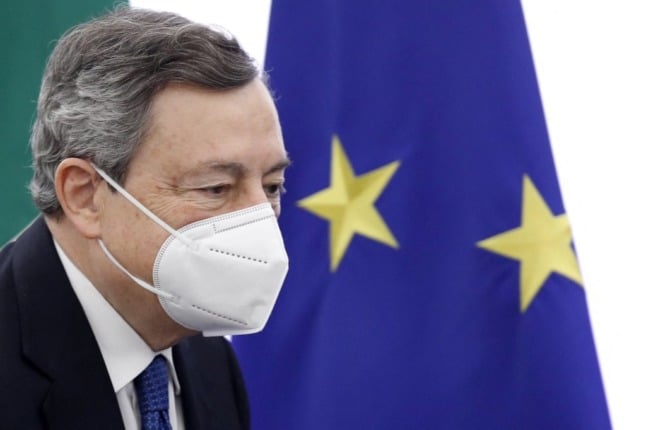“Things changed dramatically when it became known that a white man had committed these actions, and that his goal was to disrupt multicultural Norway,” Abid Raja, a Liberal Party Norwegian politician, told The Local in an email.
Raja said that in the hours between Anders Breivik’s bomb detonating in Oslo and police apprehending the confessed bomber, people had yelled “terrorist” at people with darker skin. Before the attack, immigration was emerging as an issue in local elections, although years earlier, the leader of Norway’s slumping Progress Party, Carl I. Hagen, had infamously remarked that “most terrorists were Muslims”.
Breivik, once a a card-carrying Progress Party member, had attacked the Labour party summer camp at Utoeya Island for its immigrant-friendly platform. Much of the party’s promising political talent was wiped out in a heartless rampage that killed 69.
Other Norwegians citizens of Muslim heritage back up Raja and say that Norwegians seem more united with their immigrant citizens since the mass killing of July. Author Mahmona Khan told Norwegian TV “we’re more united than before.”
She said it was important that those who fear a Muslim takeover of Norway be heard as well.
“They have been made fools of and ignored, but their fear is just as relevant,” said Khan.
“We have to meet this fear with dialogue.”


 Please whitelist us to continue reading.
Please whitelist us to continue reading.
Member comments